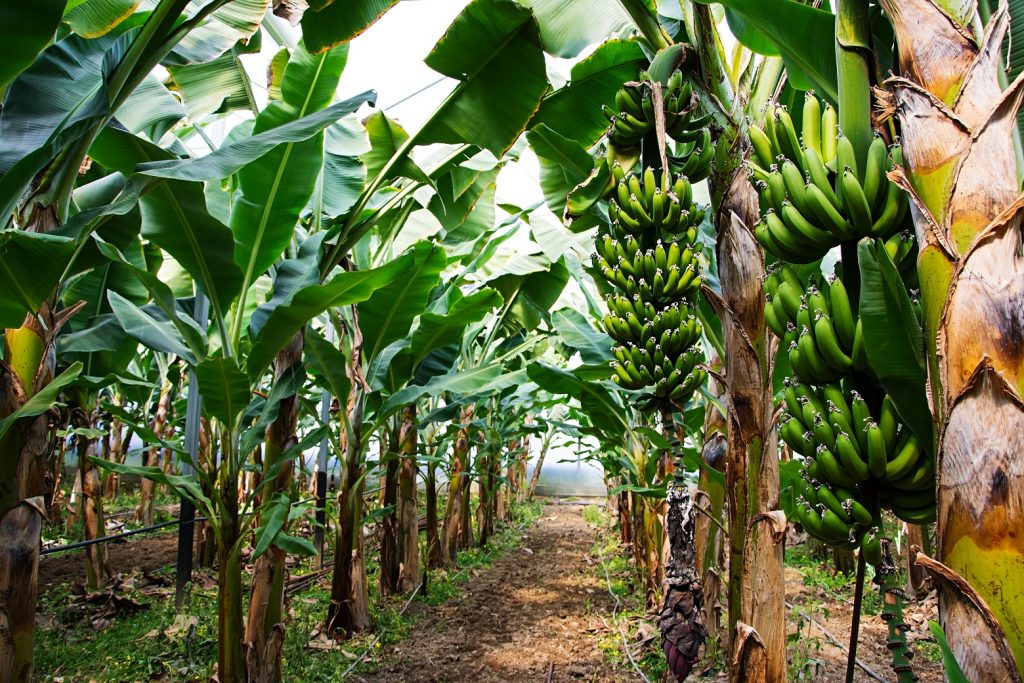Banana Cultivation in India A Fruitful Journey
January 3, 2024India, with its diverse climate and fertile soil, provides an ideal environment for the cultivation of various crops. Among these, the banana plant holds a special place, not only for its delicious fruits but also for its significant contribution to the agricultural landscape. In this blog post, we will explore the journey of banana cultivation in India, its economic importance, and the cultural significance it holds.
Historical Roots:
The cultivation of bananas in India can be traced back thousands of years, with historical references highlighting its presence in various ancient texts. The banana, scientifically known as Musa, has been an integral part of Indian agriculture for centuries. Initially introduced in the southern regions, banana cultivation has now spread across the country, adapting to different climatic conditions.
Varieties of Bananas:
India is home to a rich variety of bananas, each with its unique flavor, size, and usage. Some of the popular varieties include the robust and versatile Cavendish, the flavorful and slightly smaller Robusta, and the unique and aromatic Nendran. These variations cater to the diverse taste preferences and culinary practices across different regions of India.
Climatic Diversity:
One of the fascinating aspects of banana cultivation in India is its adaptability to various climatic conditions. While the tropical climate of southern states like Kerala and Tamil Nadu is conducive to year-round cultivation, states with subtropical climates, such as Maharashtra and Gujarat, also contribute significantly to banana production. This adaptability makes banana farming a lucrative option for farmers across the country.
Economic Impact:
Banana cultivation plays a crucial role in India's economy, providing employment opportunities to a large number of people. From farmers and laborers involved in cultivation to those engaged in the transportation and marketing of bananas, the entire supply chain contributes significantly to the nation's economic growth. The export of bananas further enhances India's position in the global market.
Health Benefits and Nutritional Value:
Apart from its economic significance, bananas are also known for their nutritional value and health benefits. Rich in potassium, vitamins, and dietary fiber, bananas are not only a delicious snack but also contribute to maintaining a healthy lifestyle. The versatility of bananas makes them a staple in various culinary preparations, from desserts to savory dishes.
Cultural Significance:
Bananas hold a special place in Indian culture and traditions. They are often used in religious rituals and ceremonies, symbolizing fertility and prosperity. The banana plant itself is considered auspicious, with various parts used in traditional practices. The fruit is also an integral part of festivals and celebrations, adding a sweet touch to joyous occasions.
Challenges and Future Prospects:
While banana cultivation in India has seen substantial growth, it is not without challenges. Pests, diseases, and market fluctuations pose threats to the industry. However, with advancements in agricultural practices, organic farming methods, and improved varieties, the future of banana cultivation in India looks promising.






Guest reviews
No reviews found for this Blog